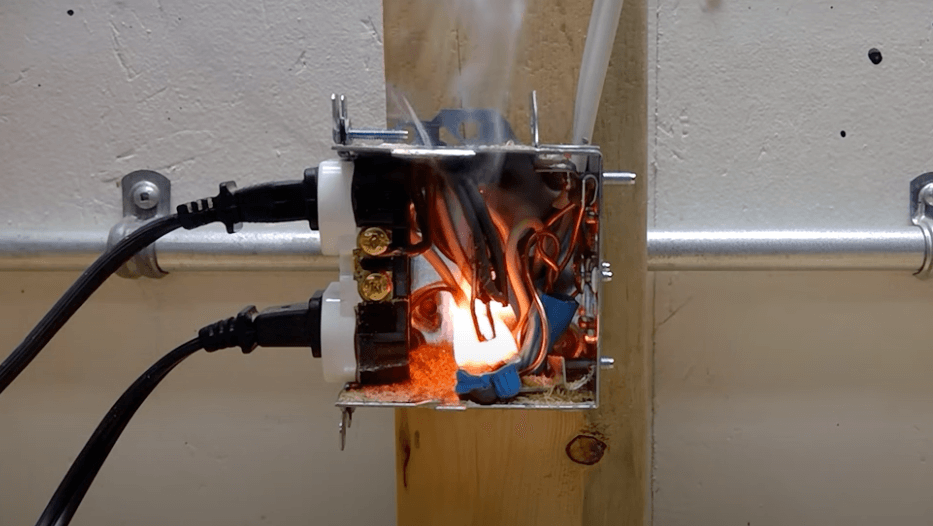Articles
Seek and Find: When Heat Causes Havoc
Summer is the season for fun! To celebrate the season, we’ve put together a quick and playful activity. Take a few minutes to test your observational skills with our custom seek-and-find game, inspired by the situations our investigators might encounter in the field during a heatwave. Ready to play? Keep your eyes peeled and enjoy!
Origin and cause: science’s quest for answers throughout the ages
Forensic engineering represents the perfect blend of tradition and innovation. Officially established in the 1970s, it draws on centuries of scientific knowledge. The creation of CEP Forensic in 1972 came at a time when the field was gaining momentum, driven by the knowledge and creativity passed down through generations.
Failure Modes of Domestic Electric Heating Devices
Although generally reliable and safe, electric heating appliances used for residential heating, especially during prolonged cold spells, can experience failures that may lead to fires. In this technical article, our engineer discusses the most common failure modes encountered by forensic investigators when examining an electric heating device—or its remains—following an incident such as a fire. He also provides insight into heat transfer modes and concludes with practical tips to ensure occupant safety and comfort.
Forensic Investigation Following a Suspicious Fire
When fires or explosions occur, forensic investigators play a crucial role in determining their cause. Our team gathers evidence by analyzing the scene and interviewing key stakeholders. Through knowledge and years of experience, our expert investigators can pinpoint the most likely cause, often without needing complex laboratory tests. However, when something unusual points to a potentially suspicious fire, the investigation becomes more complex.
Invention of the electric bulb: Let there be light!
In comic strips, characters' bright ideas are often symbolized by a light bulb, and for good reason! Can you think of many inventions that have revolutionized the processes of building design, business creation, and have facilitated advancements in the field of energy? From illumination comes invention! For 150 years, the electric light bulb has illuminated our lives. Discover this incredible story with CEP!
Unravelling Forensic Investigation
Gathering information, facts, and documents is a crucial part of any forensic investigation. In fact, only by gathering all the data can the expert obtain a clear picture of all possible causes to explain a failure. Then they can use fault tree analysis and technical knowledge to identify the root cause(s) of an incident and produce a report to explain it all.
Subscribe to our newsletter and never miss our news!






